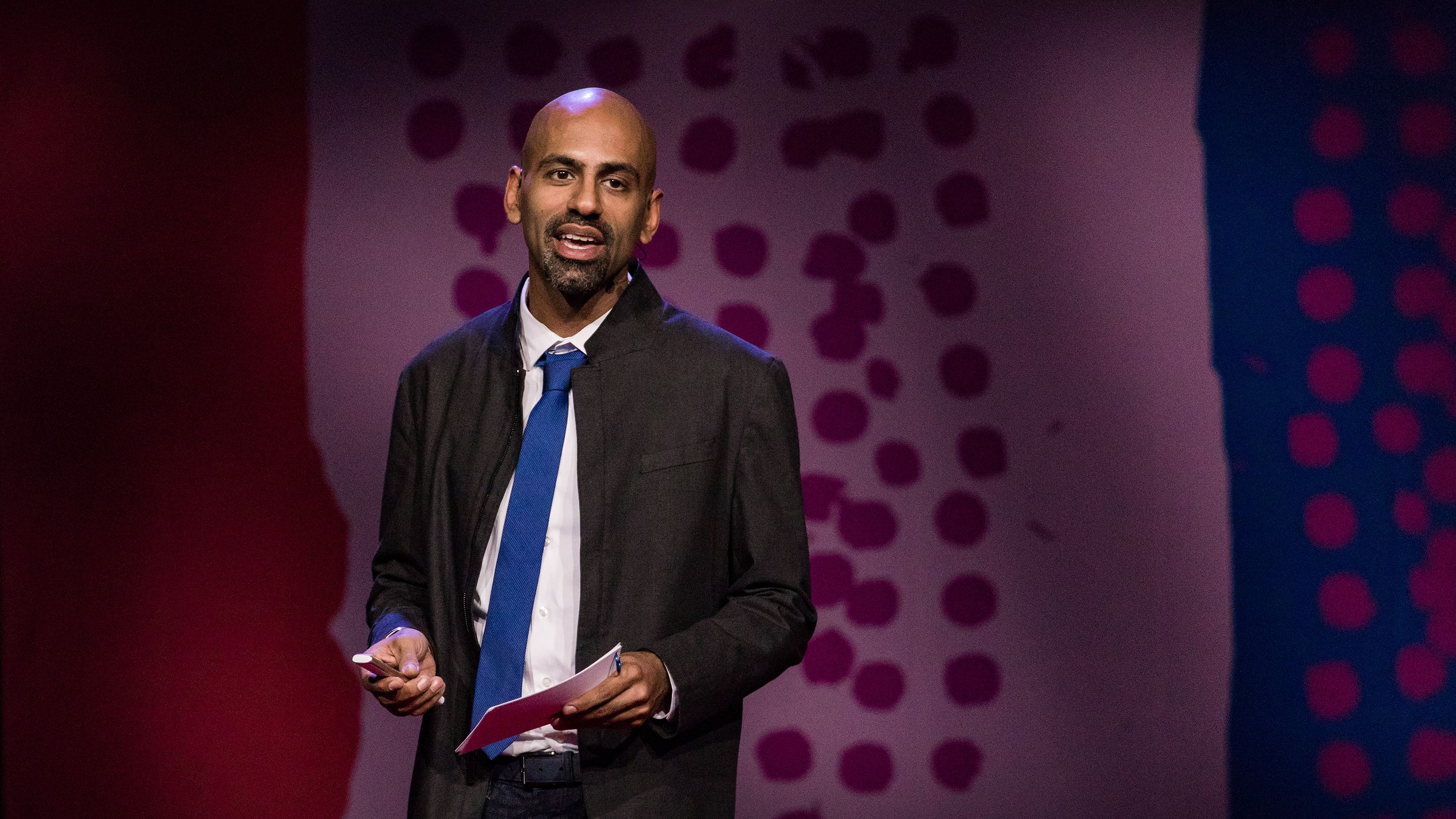How protest is redefining democracy around the world
956,125 views |
Zachariah Mampilly |
TEDGlobal 2017
• August 2017
The democratic process is messy, complicated and often inefficient -- but across Africa, activists are redefining democracy by putting protest at its center. In an illuminating talk, political scientist Zachariah Mampilly gives us a primer on the current wave of protests reshaping countries like Tunisia, Malawi and Zimbabwe -- and explains how this form of political dissension expands our political imaginations beyond what we're told is possible.
